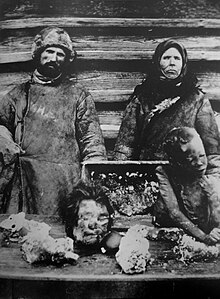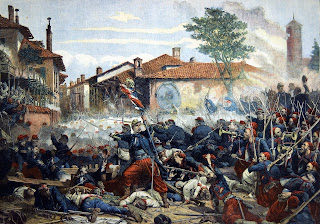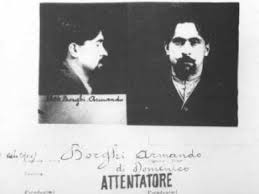The Great Russian Famine of 1921: Cannibalism, an Open Letter to the World and a Spark of Hope among so much Horror

It began in the Spring of 1921 while much of Russia was still in the grips of frigid winter weather. It started four years after the Russian Revolution of 1917 and it began after years of bloody Civil War, between Communist forces called Bolsheviks by some, and Reds by others under the dictatorial leadership of Vladimir Lenin against the so-called Whites, those forces still loyal to the Romanov Dynasty of the Czar or those seeking a Capitalist and more democratic Russia for the 20th century. By early 1921 Vladimir Lenin and his Communist forces had consolidated control over most of the country, and the White forces who were backed by the victors of World War One, most notably the United States and Great Britain, were on the run and clinging to isolated outposts along Russia’s Pacific coast far from central Europe. During 1921 Russia was suffering through one of the most severe and prolonged periods of drought on record. Almost no rain at all, just .03 ...

